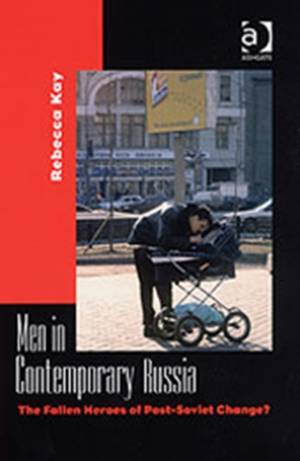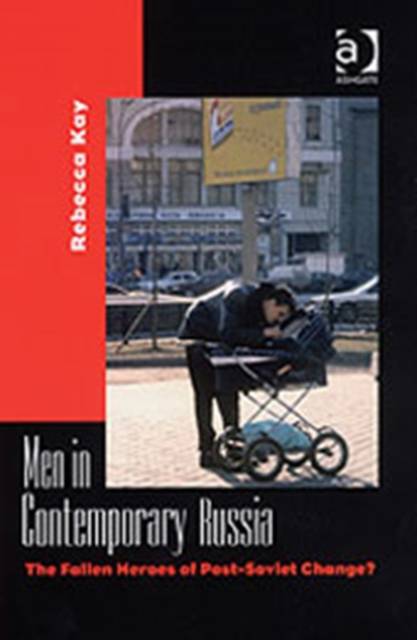
- Afhalen na 1 uur in een winkel met voorraad
- Gratis thuislevering in België vanaf € 30
- Ruim aanbod met 7 miljoen producten
- Afhalen na 1 uur in een winkel met voorraad
- Gratis thuislevering in België vanaf € 30
- Ruim aanbod met 7 miljoen producten
Zoeken
€ 202,95
+ 405 punten
Uitvoering
Omschrijving
Rebecca Kay assesses how men in post-Soviet Russia are represented through media and popular discourses. Using case studies she explores the challenges which have arisen for men since 1991 and the ways in which their responses are shaped by and viewed through the prism of widely accepted attitudes towards gender. The lives and concerns of men in provincial Russia are examined through ethnographic fieldwork, combining extensive participant observation with in-depth interviews. The book reveals how individual men strive to maintain a sense of equilibrium between the activities in which they are engaged and the ways in which they are perceived, both by others and by themselves. The findings of the research have produced significant areas of contrast and comparison with the author's earlier work on women. This is drawn out throughout the book, placing the study of Russian men in a broader gendered context. The issues raised by the men mirror concerns discussed in men's studies literature and popular discourse beyond Russia. The book is therefore of interest to a wider international audience as well as contributing to ongoing interdisciplinary debates, in Russian Studies, Anthropology, Sociology and Human Geography, addressing the need for new approaches to understanding post-Socialist change.
Specificaties
Betrokkenen
- Auteur(s):
- Uitgeverij:
Inhoud
- Aantal bladzijden:
- 248
- Taal:
- Engels
Eigenschappen
- Productcode (EAN):
- 9780754644859
- Verschijningsdatum:
- 28/01/2006
- Uitvoering:
- Hardcover
- Formaat:
- Genaaid
- Afmetingen:
- 156 mm x 233 mm
- Gewicht:
- 619 g

Alleen bij Standaard Boekhandel
+ 405 punten op je klantenkaart van Standaard Boekhandel
Beoordelingen
We publiceren alleen reviews die voldoen aan de voorwaarden voor reviews. Bekijk onze voorwaarden voor reviews.











